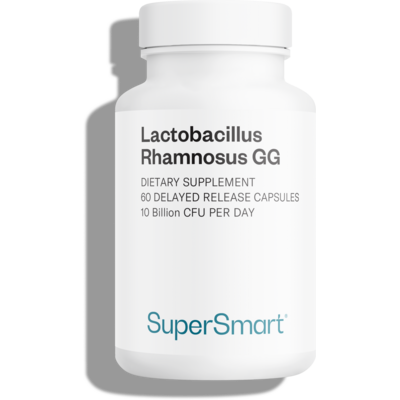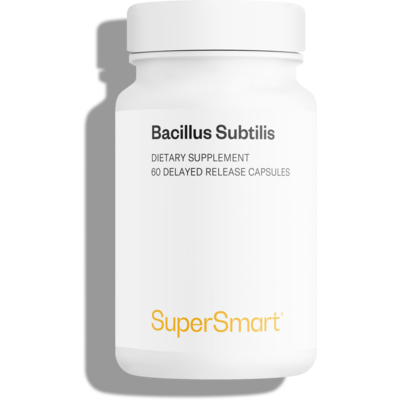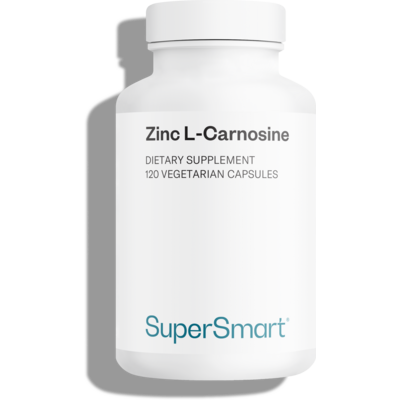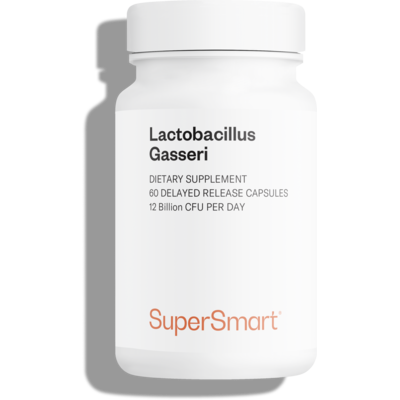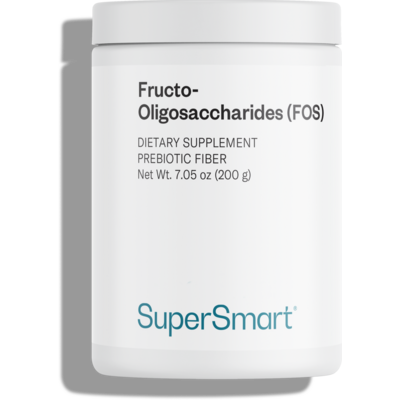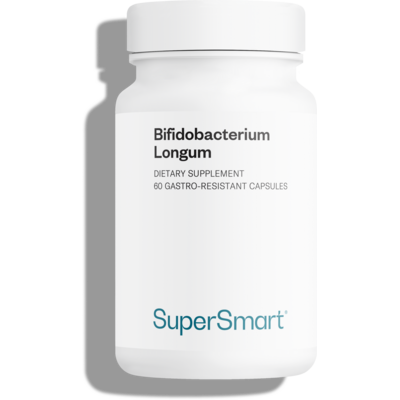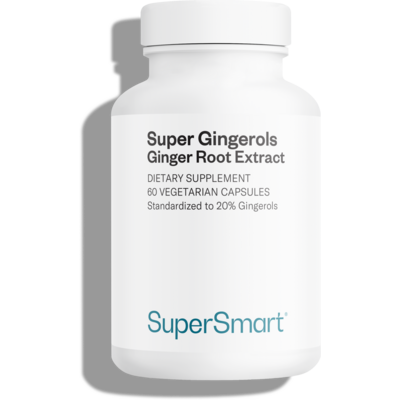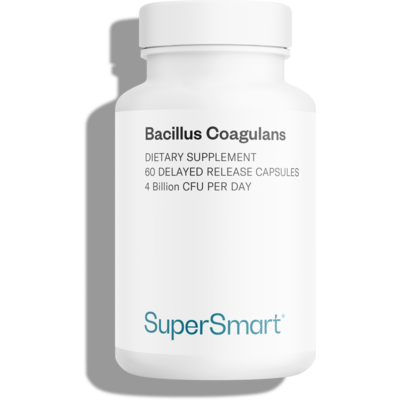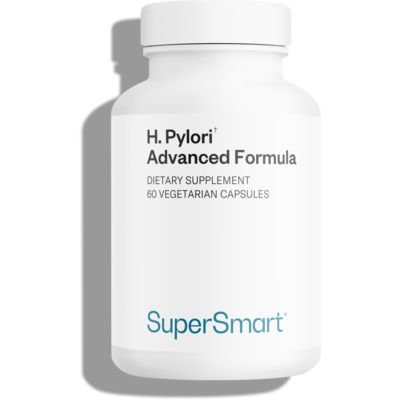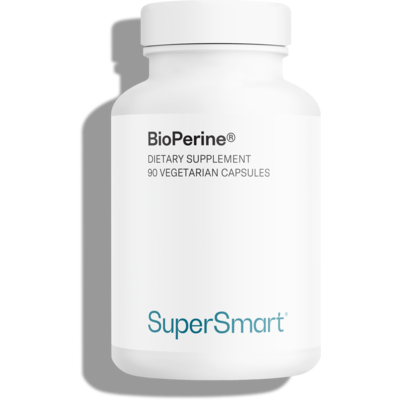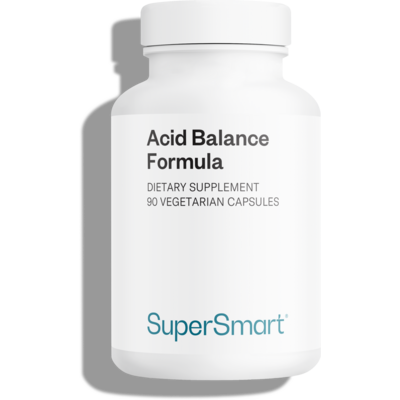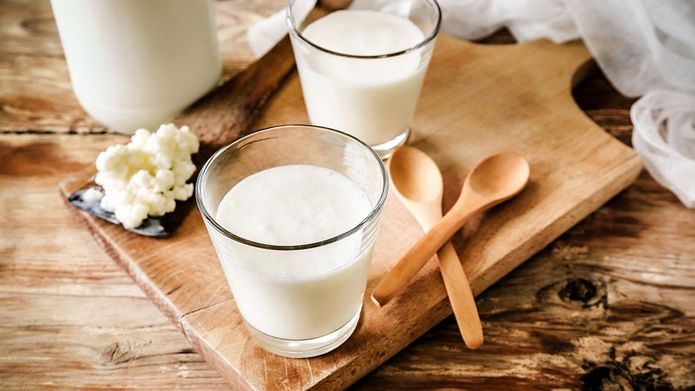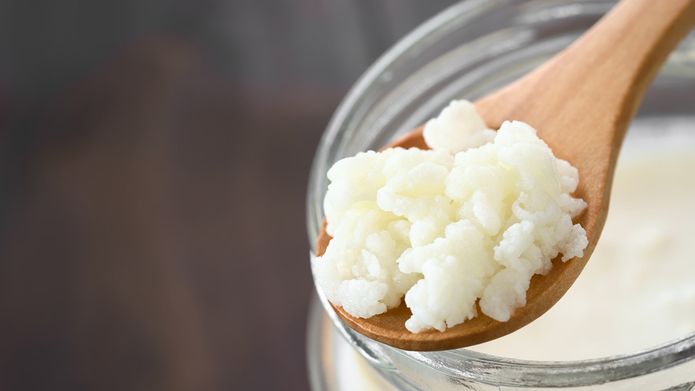Probiotics: What You Need to Know
What Are Probiotics?
According to the World Health Organization (WHO), probiotics are live microorganisms (bacteria, yeasts, fungi...) that, when consumed in adequate amounts, are believed to contribute to overall well-being.*
The human body hosts diverse populations of probiotic bacteria, forming distinct types of microbiota: the intestinal microbiota (digestive flora), as well as the skin, vaginal, and oral microbiota.
The Different Types of Probiotics
Some of the most commonly referenced probiotics include bacterial species from the Lactobacillus genus—such as Lactobacillus rhamnosus GG, Lactobacillus reuteri, Lactobacillus acidophilus, Lactobacillus casei, and Lactobacillus plantarum—as well as those from the Bifidobacterium genus, including Bifidobacterium lactis and Bifidobacterium longum.
Probiotics can also include yeasts (a type of fungi). Among the most well-known are Saccharomyces cerevisiae and Saccharomyces boulardii.
Which Foods Naturally Contain Probiotics?
You can add more probiotic-containing foods in your diet by incorporating:
- Brewer’s yeast: known for containing the strain Saccharomyces cerevisiae;
- Apple cider vinegar: naturally contains acetic and malic acids and is commonly associated with traditional fermentation methods;
- Dairy products: including fermented milk yogurts, Greek yogurt, and skyr;
- Fermented beverages: such as kefir, traditionally made by fermenting cow’s or goat’s milk, and kombucha, which is produced using black tea, sugar, bacteria, and yeasts;
- Lacto-fermented vegetables: including pickles, cabbage, and carrots. These vegetables are marinated in brine (a mixture of water and salt) and undergo natural fermentation by lactic acid bacteria, as seen in traditional sauerkraut production.
The Benefits of Probiotics*
Support for Digestive Comfort and Gut Health*
Overall, probiotics help support a balanced intestinal microbiota, which plays a role in various bodily functions, including digestive processes, immune system interactions, gut-brain communication, and metabolic health.*
When it comes to digestion, research suggests that probiotics may help support digestive comfort and promote healthy intestinal transit.*
Support for Bowel Regularity and Digestive Balance*
Which probiotic strains support digestive regularity and help with occasional constipation?*
Choosing the right one depends on individual needs. By promoting a balanced gut microbiota, probiotics play a role in overall digestive health.* Some of the most researched strains for this purpose include Bifidobacterium lactis, Bifidobacterium longum, and Lactobacillus rhamnosus GG.*
Additionally, an intake of fiber with prebiotic properties, such as Fructo-Oligosaccharides or Psyllium Seed Husk, may support digestive regularity and contribute to intestinal well-being.*
Which probiotic strains support digestive regularity and help with occasional diarrhea?*
The strain Bacillus subtilis has been studied for its role in supporting digestive balance and is often included in formulations designed to promote intestinal comfort*. In general, by helping maintain a balanced intestinal microbiota, probiotics play a role in overall bowel regularity.*
Bifidobacterium longum is also a probiotic strain that has been studied for its potential to help maintain a balanced gut microbiota and support digestive comfort.* It is commonly included in probiotic blends designed to promote intestinal well-being and help maintain regularity.*
Support for Weight Management*
Among the most researched probiotic strains for metabolic health is Lactobacillus gasseri.* Studies suggest it may play a role in maintaining a healthy body composition and waistline.*
What is the Difference between Probiotics, Prebiotics, and Postbiotics?
Probiotics are live microorganisms, including bacteria, yeasts, and fungi. They naturally exist in the intestines and are a key part of the intestinal microbiota.
Prebiotics act as nourishment for probiotics, helping them thrive. Found in non-digestible dietary fibers, prebiotics support the natural growth of beneficial bacteria in the gut.
Postbiotics, which are less well known, are bioactive compounds produced by probiotics through fermentation. These compounds include proteins, peptides, polysaccharides, and organic acids. They play a role in gut ecology and are an emerging area of scientific research.*
How to Support Digestive Comfort and Acid Balance*
Understanding Acid Balance for Upper Digestive Health*
Burning sensations, occasional heartburn, bloating and stomach discomfort can make post-meal times unpleasant.* These issues are often associated with a disruption in acid balance, which plays a role in digestive comfort.*
Natural Approaches for Acid Balance*
Botanical extracts such as ginger (Super Gingerols) and turmeric (Super Curcuma) have been traditionally used to support digestive comfort and acid balance.* Gingerols, the active compounds in ginger, are studied for their role in gastrointestinal well-being, while curcumin in turmeric is often associated with digestive support.*
The formula Anti-Acid Reflux Formula combines licorice and slippery elm, both traditionally used to support digestive comfort and gastric well-being.*
Discover our selection of vitamins for oral care and our liver and detox support supplements.*


